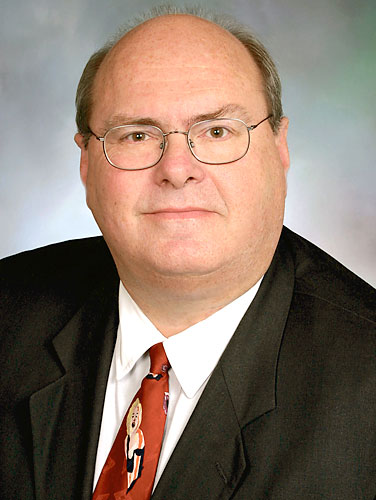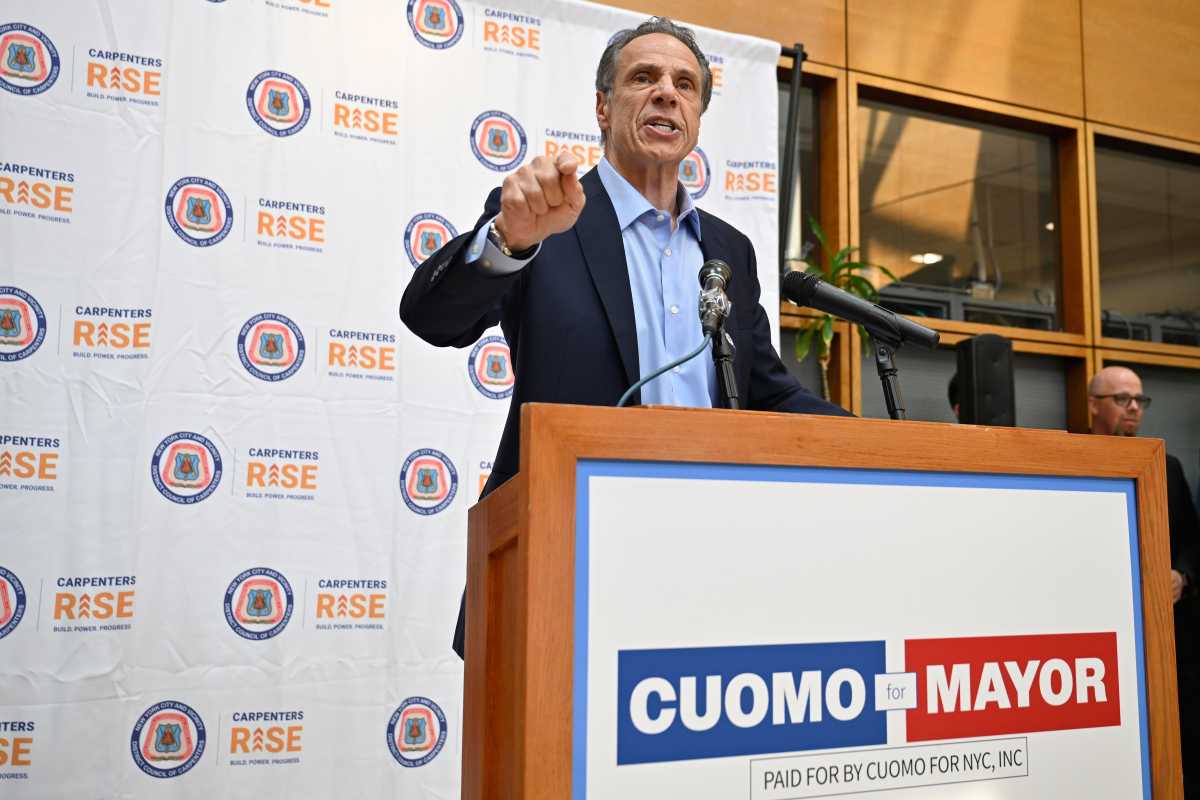The current impasse between Cablevision and Fox, and the earlier dispute between Time Warner and ABC, have led some consumer activists and members of Congress to call for government intervention into the retransmission consent process, under which broadcasters and pay TV distributors agree on the terms permitting carriage of TV stations on cable and satellite TV systems. While no one likes having their favorite TV shows and channels disrupted, it would be a mistake to interject the government into these private negotiations.
Retransmission consent is a means of insuring that broadcasters are fairly compensated for the use of their creative efforts. Prior to adoption of the Cable Act in 1992, cable systems were permitted to sell to subscribers the programming of broadcasters without permission or payment, depriving them of fair compensation. That law created a market-based system through which carriage rights and compensation are established by private negotiation. A station receives no guarantee of carriage, but must persuade cable operators to carry its signal on terms and conditions acceptable to both parties. If either party fails to act in good faith, the Federal Communication Commission is authorized to intervene. This system is fair to cable systems, broadcasters, and the viewing public.
It would be a serious mistake to eliminate the retransmission consent right, or to overlay it with a new dispute resolution system and interim carriage rights. TV stations have undergone increased competition from new video programming sources, increased program production and acquisition costs, and decreased advertising revenues.
Television stations have to expend huge sums of money to purchase and produce compelling programming for their lineups. Retransmission consent revenues offset these expenses, including costly local news operations, and avoid deep personnel cuts that would adversely affect many hardworking station employees.
Subscribers who face loss of a favorite signal have the option of switching to other pay TV distributors or watching their favorite television programming free through roof top and in-home antennae. Such subscribers also have the option of demanding that their cable companies reduce their monthly fees for channels they no longer receive.
Clifford M. Harrington is chair of the communications law practice of Pillsbury Winthrop Shaw Pittman LLP, which represents The New York State Broadcasters Association, Inc.

























